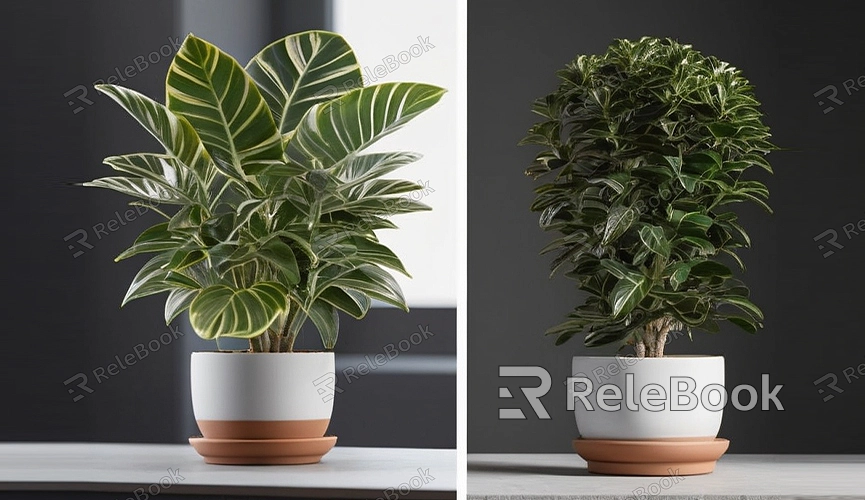Why Is My Render Pink in Blender
When using Blender for 3D modeling and rendering, you may sometimes encounter a situation where the rendered result turns pink. This issue can occur for both beginners and experienced users and is typically caused by certain settings or missing resources. This article will discuss the common reasons for pink rendering in Blender and their solutions, helping you quickly identify and fix the problem.
1. Missing Texture Files
The most common reason is missing texture files or incorrect paths. Blender substitutes pink when it can't find the required texture files.
Solution
Check Texture Paths: Ensure that all used texture files exist and have correct paths. You can view and reload textures in the "Image Editor."
Pack Texture Files: To avoid path issues, pack texture files into the Blender project file. Choose "File" > "External Data" > "Pack All into .blend File."
Reload Textures: In the "Shader" workspace, select the missing texture node and click the "Reload" button.

2. Missing Additional Materials or Plugins
Sometimes, missing additional materials or plugins can also cause the render to turn pink. If your project uses external materials or plugins that are not available in the current environment, this problem may occur.
Solution
Check Plugins: Ensure that all necessary plugins are installed and enabled. You can view and manage plugins in "Edit" > "Preferences" > "Add-ons."
Update Material Libraries: If you use third-party material libraries, ensure that they are available in your Blender version and correctly loaded.
3. Rendering Engine Settings Issue
Different rendering engines may have different requirements for materials and textures. If you encounter pink rendering issues after switching rendering engines (e.g., from Eevee to Cycles), it may be due to some materials or nodes being incompatible.
Solution
Check Material Compatibility: After switching rendering engines, check all materials and nodes to ensure they are compatible with the new rendering engine.
Reconfigure Materials: Sometimes, materials need to be reconfigured, especially those using complex nodes. You can adjust material settings in the "Shader" workspace.
4. File Format Issue
In some cases, using incompatible file formats can also lead to texture loss, resulting in pink rendering results. Common problematic file formats include unsupported image formats or corrupted files.
Solution
Use Common Formats: Ensure you use common and compatible image formats such as PNG, JPEG, or TIFF.
Check File Integrity: Ensure files are not corrupted. If you suspect file corruption, try opening and checking them with other software.
5. Graphics Card and Driver Issues
Sometimes, graphics card driver issues can also cause rendering errors, especially when using GPU rendering. If your graphics card driver does not support certain features, it may result in rendering problems.
Solution
Update Drivers: Ensure your graphics card driver is up to date. You can visit the official website of the graphics card manufacturer to download and install the latest driver.
Switch Rendering Modes: If the problem persists, try switching to CPU rendering to see if the issue is resolved.
While pink rendering issues in Blender are common, they can usually be resolved using the methods mentioned above. By checking texture files, updating plugins and material libraries, ensuring correct rendering engine settings, and updating graphics card drivers, you can quickly identify and fix the problem. Hopefully, this article will help you solve pink rendering issues in Blender and successfully complete your 3D projects. If you need high-quality 3D textures, HDRI, or 3D model downloads for creating models and virtual scenes, you can download them from Relebook and directly import textures and 3D models into your project.

